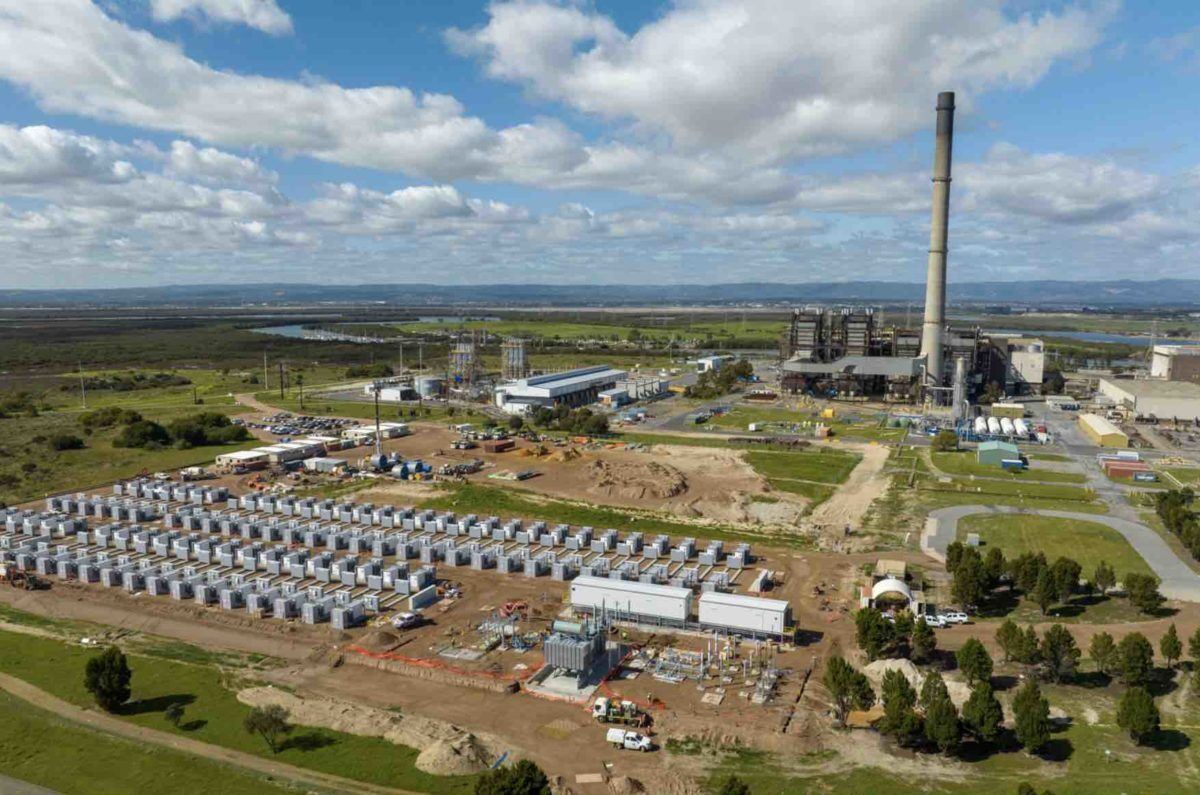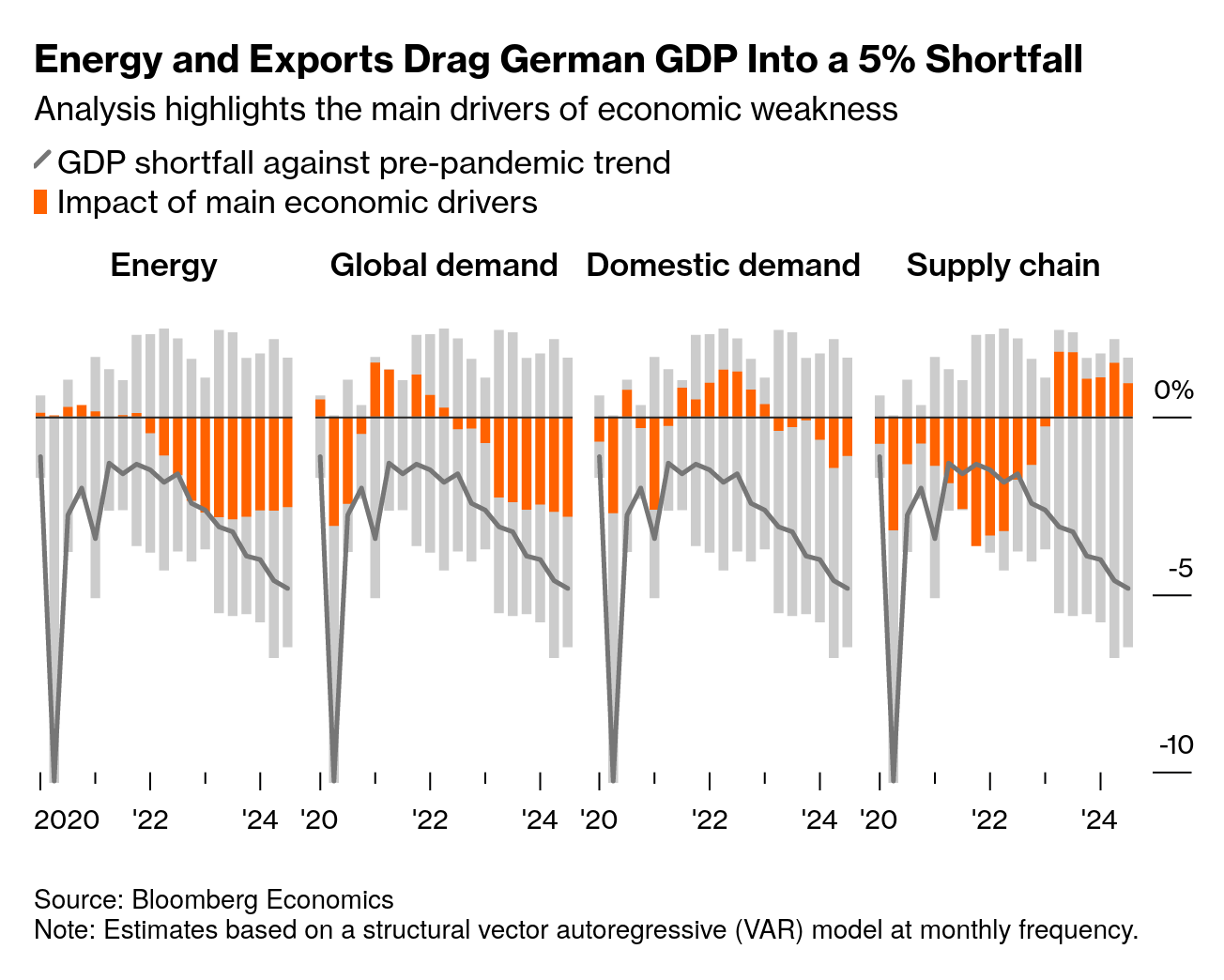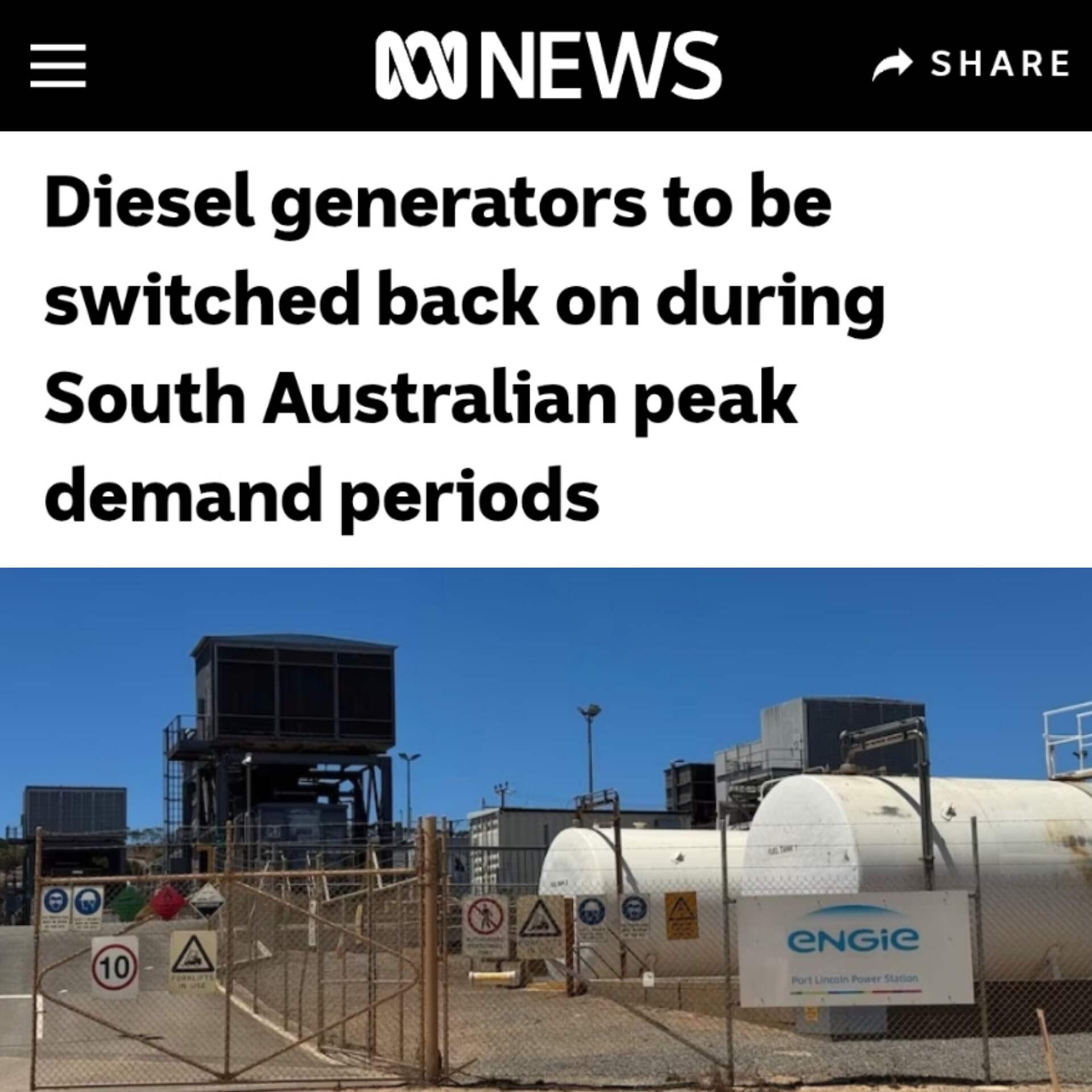How big utilities manipulate the energy market, even with a high share of wind and solar

The Australian Energy Regulator has accused Austraia’s biggest energy utilities of effectively manipulating the wholesale electricity market, deliberately withholding capacity at certain times to ensure that they can push prices higher and maximise profits.
The assessment by the AER – in its latest wholesale energy markets report – has huge implications for the energy transition in Australia, and the future market design which is to be considered by a new panel led by Griffith University’s Tim Nelson.
Australian wholesale electricity prices have been heading lower as the amount of wind and solar increases in the grid. But the ability of big players to manipulate the market over short periods – when they push the wholesale price to the market cap – if offsetting those gains.
Previous reports have made clear that – were it not for a handful of short high priced periods – usually the result of a network of big generator breakdown – wholesale prices in most state would have been lower rather than higher.
The AER says the dominance of a small number of big players in the market is being felt across the country’s main grid, but it has focused particularly on South Australia – where the share of wind and solar is the highest, at more than 70 per cent, but the concentration of market power is also the deepest.
“South Australia is at the forefront of the energy transition and has more renewable penetration than other mainland NEM regions,” the AER writes. But it is also at the end of a long and stringy grid, and when there are constraints on its link to Victoria, the big players are visibly exercising their market power to push prices up.
The AER used its new found monitoring and reporting powers to investigate trading and contracting positions.
One of the most interesting things it found is that while the number of negative price intervals are significant, due to the dominance of wind, solar and rooftop PV, there us now a near total absence of mid-market bids. It is either all or nothing.
It notes that the market is very concentrated, particularly in terms of dispatchable generation. AGL Energy and Neoen own 91 per cent of registered battery capacity in South Australia, and AGL and Origin Energy own 75 per cent of gas capacity.
The AER used its powers to monitor practices of one unnamed participant over a four year period.
“By and large, we found that the participant made significant additional returns following the rebids and the primary motivation for the rebids was to optimise the participant’s long position,” it writes.
“That is, the participant had more generation than required to cover its retail and wholesale contractual obligations in these periods, and as such higher prices would benefit its portfolio.
“We consider the rebids that resulted in an increased return for the participant are examples of successful economic withholding behaviour.”
The AER also noted that high price events in South Australia are almost always associated with constraints on one or both of the 2 interconnectors between Victoria and South Australia, when there is little or no competition from other states.
“This is because it is difficult for prices to rise in South Australia when additional generation capacity in Victoria can be offered into the South Australian market” – i.e. when there is more competition.
It says the Project EnergyConnect – the new transmission link between South Australia and NSW – will improve market competition by allowing more imports when required, and also encourage new investment by allowing a more than doubling of exports.
The activities identified by the AER are not news to market participants, or observers – but the scale of the re-bidding and withholding of capacity is getting to plague proportions across the grid, and the high price spikes in such situations are more than offsetting the reductions brought about by lower cost wind and solar.
The regulator goes to pains to underline the fact that this is not a result of a shortfall in supply – it is simply the ability of dominant players to use scarcity to control prices – as has happened in South Australia, Victoria, Queensland and NSW this year.
AER chair Clare Savage is using the findings to push for changes that may be considered by the newly constituted market panel, which is due to report by the end of the year.
Savage has previously been an advocate of capacity markets, but a proposal backed by her was knocked back several years ago because it included fossil fuel generators.
“South Australia’s experience offers valuable lessons for the National Electricity Market’s transition,” Savage said in a statement accompanying the report.
“While increased renewable generation has sometimes lowered prices, factors like fuel costs, network congestion, and bidding strategies have kept prices high and volatile, with fewer mid-priced offers and incentives for limiting supply further driving instability.
“These factors have led to new inefficiencies, challenges to competition, and costs that should be addressed in market design reviews.
The AER’s recommendations include a market design that ensures revenue can cover long-term costs and support competitive tension, the need to guarantee on time delivery of new projects, diversity in dispatchable generation contracts, and not destroying current risk management transactions, such as contract hedges.
She notes that revenue certainty is also needed for large scale renewables, with wind and solar find it increasingly difficult to secure decent returns in a saturated market.
“The AER is very keen to work closely with the market design review panel next year on all of the recommendations presented in this report to build a market that delivers reliable and affordable energy at the least cost to all Australians as we transition to net zero emissions,” Savage said.
https://reneweconomy.com.au/how-big-uti ... and-solar/



